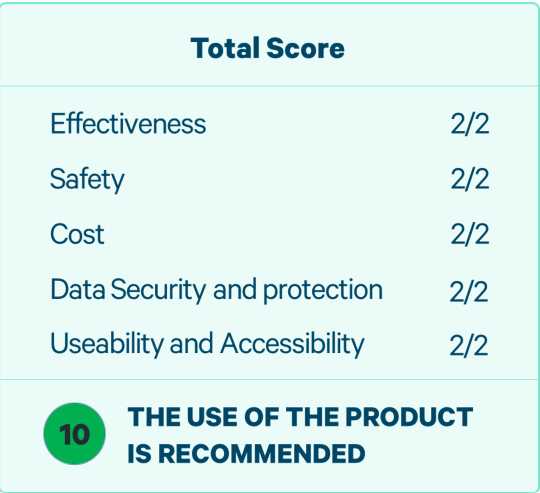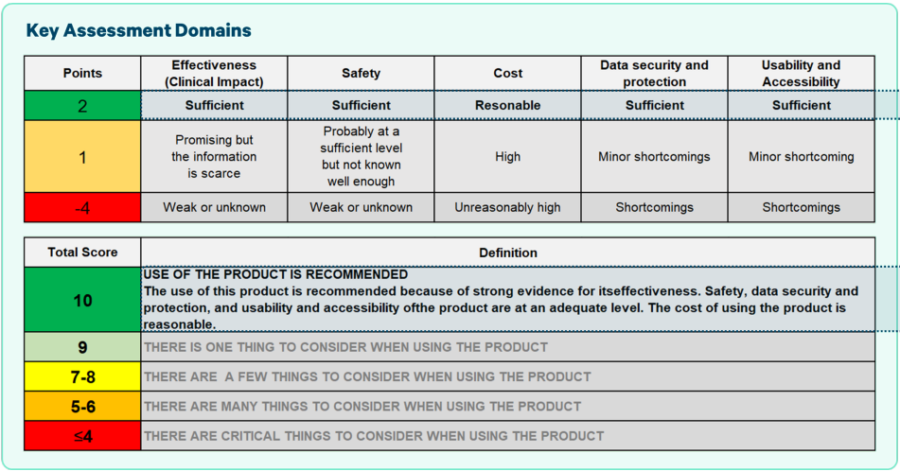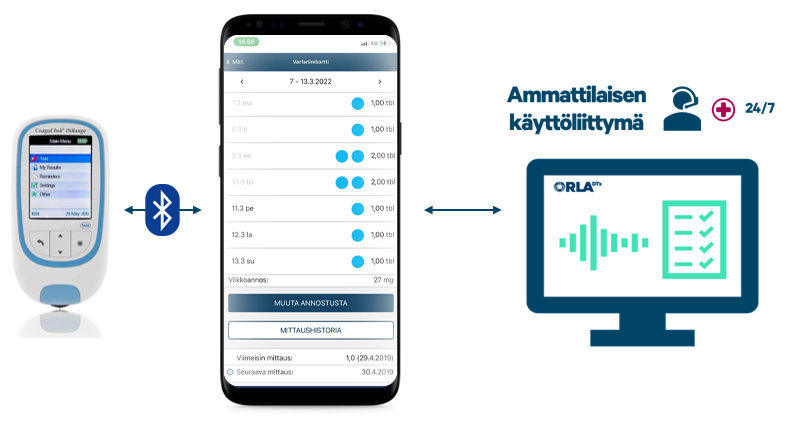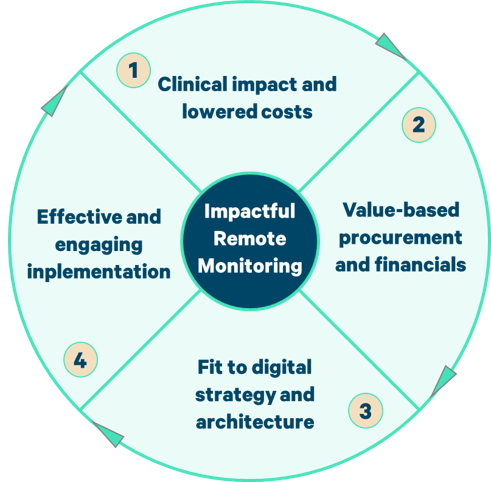12.3.2022
10/10 in Digi-HTA assessment as the first service in Finland
As the first service in Finland, Orla INR remote monitoring has received the best possible usage recommendation from the Digi-HTA assessment conducted by FinCCHTA (Finnish Coordinating Center for Health Technology Assessment).
FinCCHTA’s assessment states that use of the product is recommended. The Orla INR remote monitoring service is suitable for patient self-testing (PST) or patient self-management (PSM) for patients receiving warfarin therapy. There is compelling evidence of the effectiveness of the service and the costs associated with its use are reasonable.
Read more about Orla’s INR remote monitoring service.


Orla INR remote monitoring
– The patient takes the INR measurement using the Roche Diagnostics CoaguChek® INRange measuring device, which is connected via Bluetooth to the Orla Etämittaus mobile application.
– The patient’s mobile application has an electronic warfarin card, and it reminds the patient of the measurements to be performed and informs about changes made by a healthcare professional to the warfarin dose.
– The patient’s measurement data can be seen and used by professionals via the cloud service.

Orla INR
- Enables better quality of care (TTR-%) for patients
- A direct view of patient compliance and outcomes
Patient
- Quality assured remote monitoring and patient self-management
- The opportunity to influence your own health and follow your own quality of care
Healthcare professional
- View of patient quality of care (24/7)
- Data-driven management of care is enhanced
- Care work prioritization and remote care are made possible
- Management of the patient population becomes more efficient
The Digi-HTA assessment promotes the procurement of effectiveness-based services
Digi-HTA is a recommendation that allows healthcare providers to get a reliable and unbiased assessment of the suitability of a company’s product to support decision-making. Healthcare provider representatives can use the Digi-HTA recommendation as a requirement when buying the service or when piloting services. The recommendation process is becoming established as a national function for digital solutions within healthcare. The Digi-HTA criteria and evaluation process is suitable for the evaluation of digital medical devices in healthcare and well-being, as well as digital non-medical devices or solutions, and it implements internationally accepted practices.
The assessment of treatment methods provides a basis for decision-making
The assessment of treatment technologies (Health Technology Assessment) serves healthcare broadly: It studies the conditions for the development, scaling up and use of methods as well as the health, social, ethical, and economic effects in a multidisciplinary manner. Reliable information about the short- and long-term effects of the methods is the basis for clinical and political decisions in healthcare. Evaluation of treatment methods is one of the many techniques of evidence-based healthcare. In different countries, healthcare methods are evaluated with different emphasis, but the methods and often also the evaluation questions are similar (HTA guide. Version 1.1. Helsinki: Suomalainen Lääkäriseura Duodecim; 2017).
Effective remote monitoring that works in practice
The Digi-HTA assessment provides information of the five areas to be evaluated (costs, effectiveness, safety, data protection and security, and usability and accessibility) and additionally of all key issues that must be considered when introducing the product, such as the required maintenance process and IT changes, integration with other healthcare systems, product support and training. The management of all these areas ensures the effectiveness of the service in the customer’s operating environment for patients, professionals, and the purchasing organization.

We ensure effectiveness in the customer’s operating environment – for patients, professionals, and the purchasing organization.
Effective remote monitoring:
1) Clinical evidence of better treatment results and produces measurable resource savings.
2) Health-economic evidence of cost-effectiveness and falls within the scope of effectiveness-based procurement, i.e., only the results achieved are paid for.
3) Enables efficient and inclusive implementation.
4) Fits the digital strategy and architecture, enabling smooth integration and the use of measurement data between systems to support holistic care of the patient.
